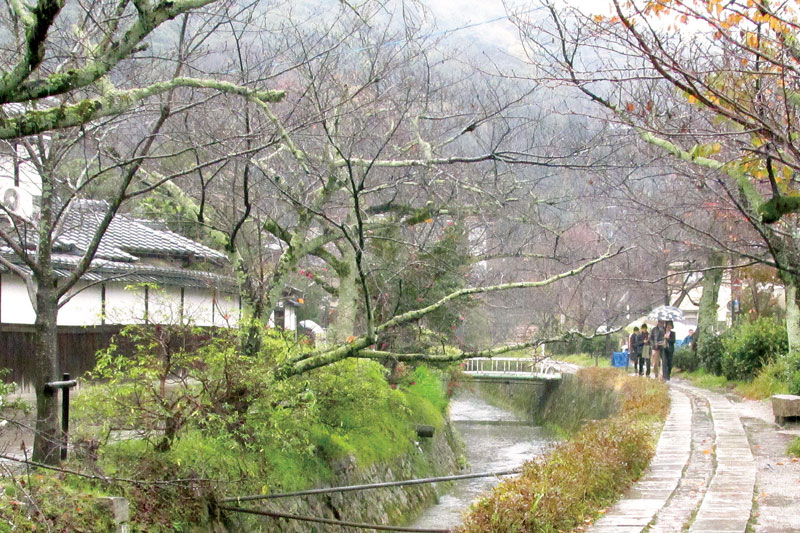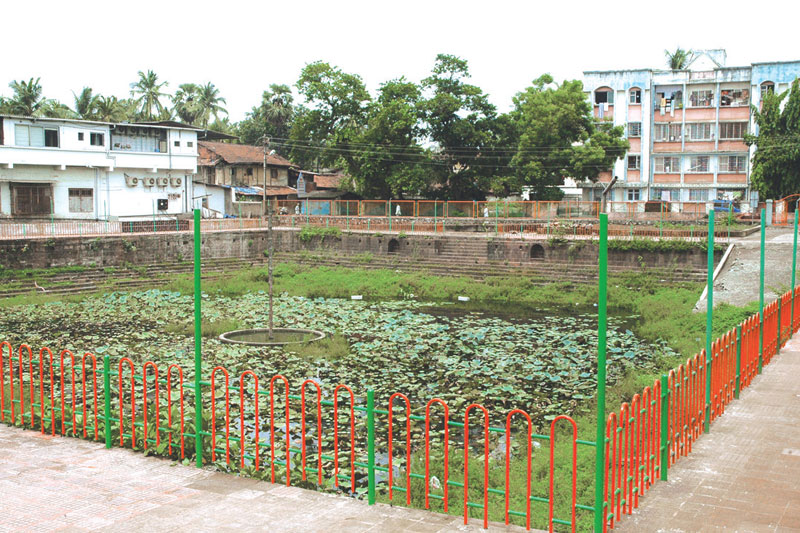Theory and Discourse
Rejuvenation and Reincarnation | Narendra Dengle
LA 53 |
|
| An exploration into how history is a means of living the present by inadvertently shaping it. In taking a look at how the interpretation of historical cities exist in four separate, yet abutting, spheres of intellect, we understand the significance of the conservation of heritage, thus, and the factors that threaten rendering it obsolete. |
|
 |
|
Increased fragmentation in our lives reflects on how we conceive and perceive our cities. Comprehension of history, when motivated, moves away from facts and is shrugged off as an impediment to peoples' 'aspirations and vision' of the future. We witness many islands of priority within a city, may these be of a spiritual, recreational or business kind, having their own inner power structures. In addition to types of natural disasters, the post-world war scenario has not deterred us from destroying historic cities because of terrorism, nationalism and religiosity. Within the spiral of creation- sustenance- destruction, like in the dance of Shiva, we must view the historicity of places embedded in the phenomenal world and collective memories.
The human struggle to be immortal through work and deed results in the craving for the architecture of monumentality. J. Krishnamurti wonders: 'No one thinks, "why not reincarnate now?" which means, "why not die the lived moment immediately?" The Upanishadic view that lR;e is a samhitaof lr+rh+;e, which when translated suggests immortal + mortal and the order of the two through rejuvenation and reincarnation. Recognizing that no sooner is the work manifested than it is subjected to the natural law of entropy is critically important to our comprehension of design. To create a system of rejuvenation to replace hurriedly performed surgeries that eradicate our city-cores, needs a shift in the paradigm. As heritage, natural resources and their relationship with the human habitat make a strong case for conservation since life and energy sources depend on them. Nature does not recognize geo-political boundaries.
|
|


|
|

|
|
|
|
|